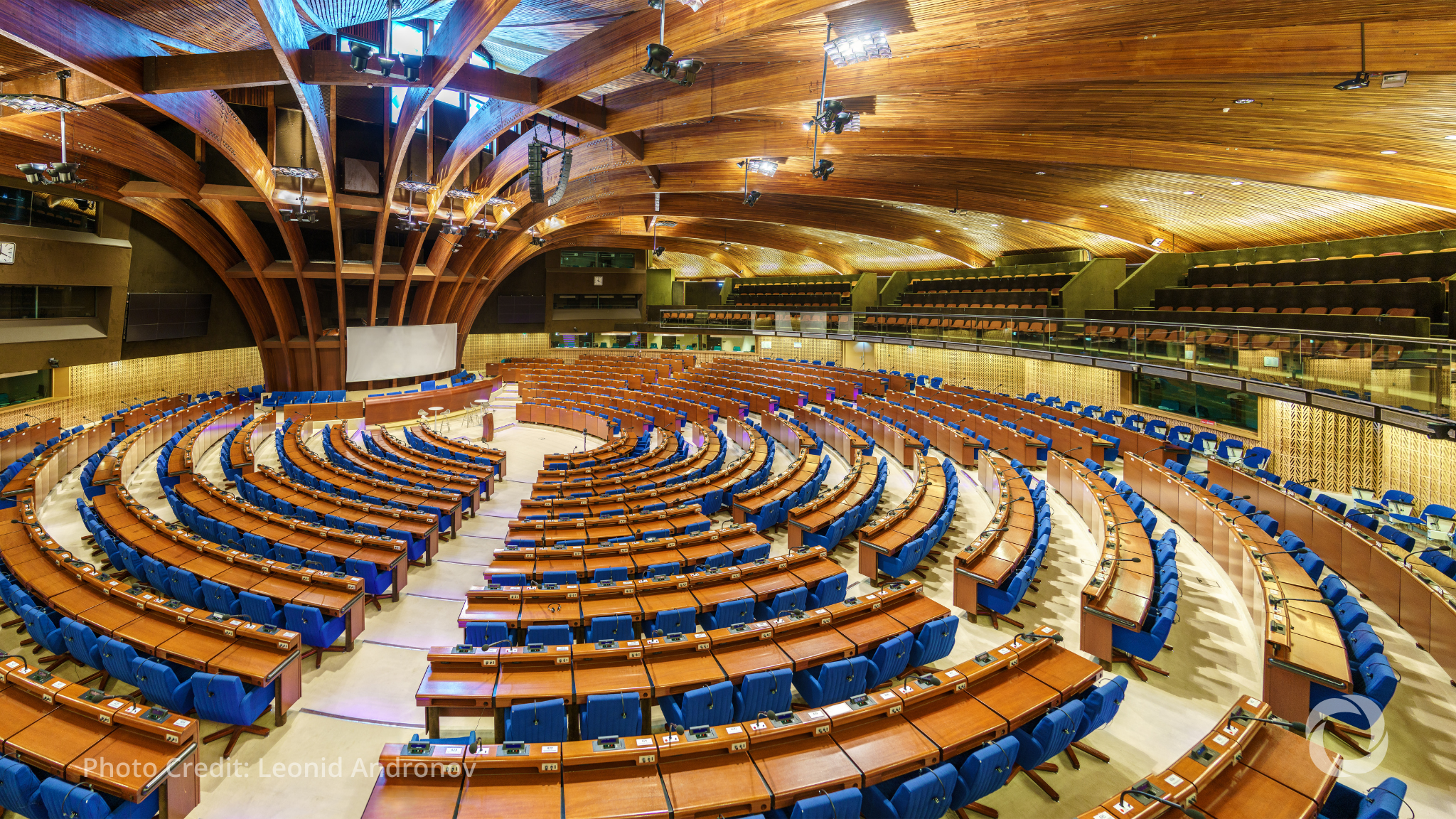The Office of the United Nations High Commissioner for Human Rights (OHCHR) Chief Volker Türk has called on Egypt to stop a troubling practice known as “rotation,” which keeps critics locked up for long periods—even after they finish their sentences or the legal limit for pretrial detention. This method involves bringing new charges just as prisoners are set to be released, often under vague counter-terrorism laws, to keep them behind bars.
This tactic targets human rights defenders, activists, lawyers, journalists, peaceful protesters, and political opponents. The new charges usually mirror previous ones and often lack solid evidence, effectively blocking their release.
One recent example is poet Galal El-Behairy, who was jailed for writing poetry critical of the government. After finishing his sentence in July 2021, he faced similar charges in two new cases. Most recently, on August 19, 2025, new charges extended his detention by at least 15 days.
“The Egyptian government must end this ‘rotation’ practice and free those held this way,” Türk said. He added that this method seems designed to bypass people’s rights to liberty, fair trials, and equality under the law.
Türk also stressed that many of those caught up in rotation should never have been jailed. Their charges often relate to peaceful protests or free speech. This practice, he said, is a tool to silence critics and political opponents.
The UN Human Rights Office is watching several rotation cases, but lack of transparency makes it hard to know how widespread the problem is. Other victims include writer and activist Alaa Abdel Fattah, lawyer Hoda Abdel-Monei, human rights defender Ebrahim Metwally Hegazy, and political activist Mohammad Adel Fahmy Ali—all still in arbitrary detention.
“All those jailed for speaking out or defending rights must be freed now,” Türk said. He urged Egyptian authorities to stop using counter-terrorism and other laws to punish people for exercising their rights.

